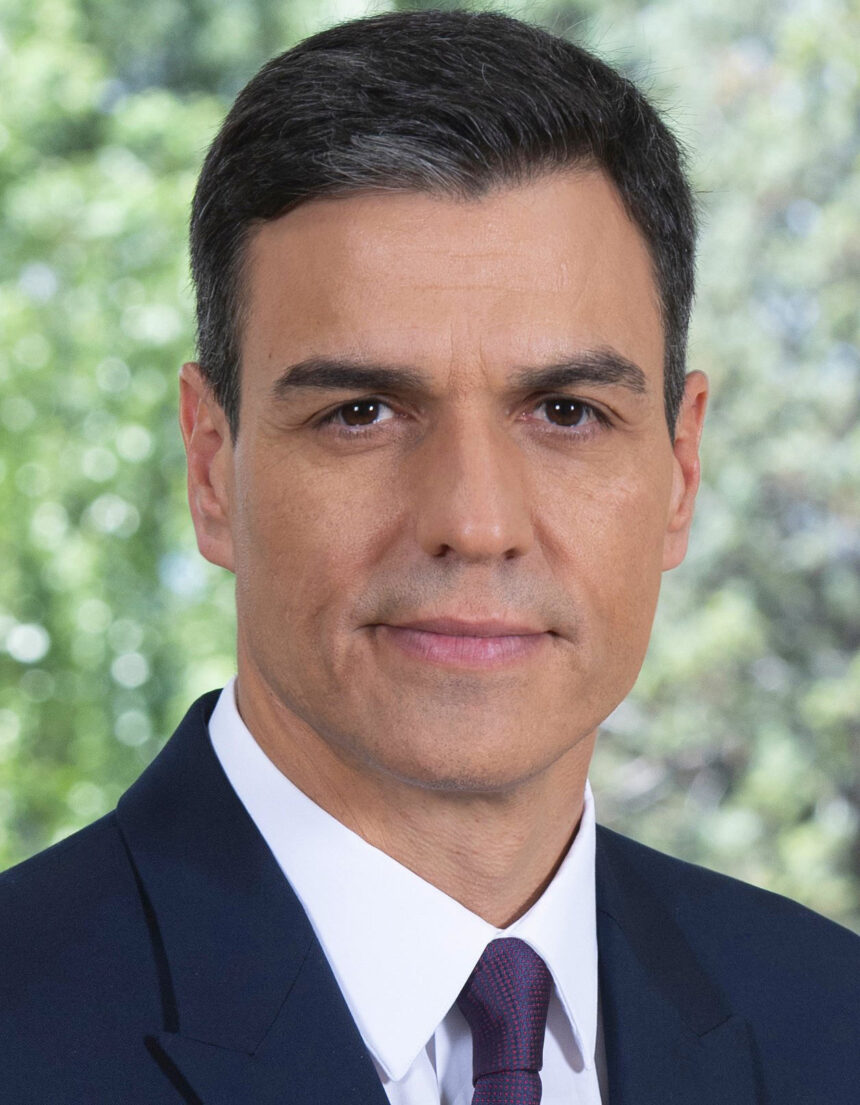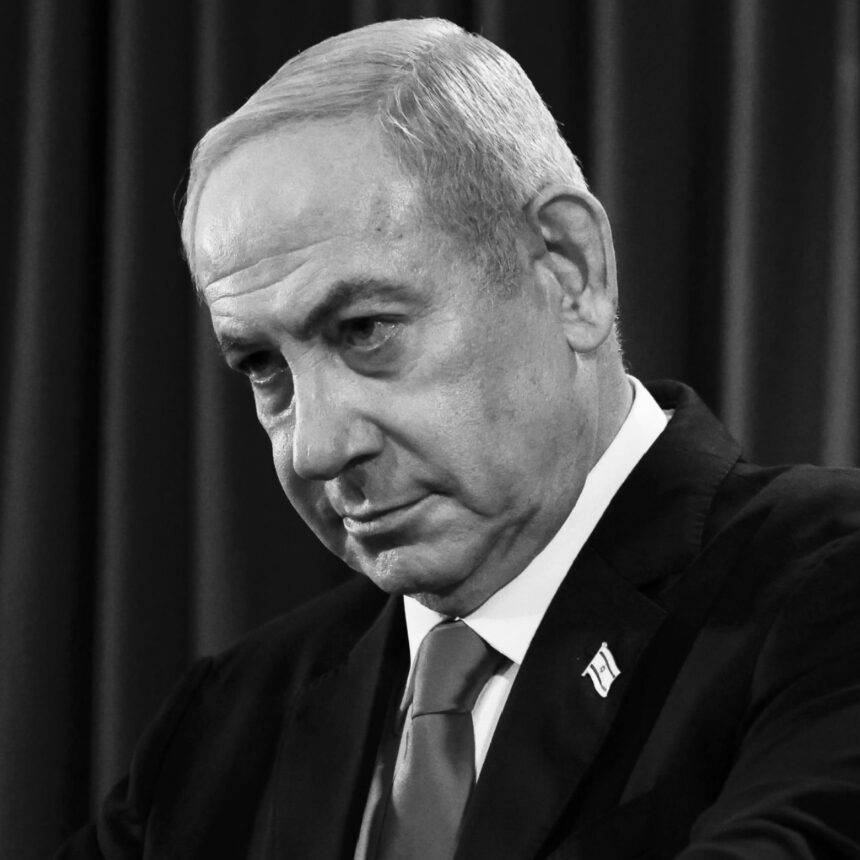In a striking move, President Donald J. Trump took to his official X account (@realDonaldTrump
) to announce a dual policy shift targeting South Africa: an immediate halt to all U.S. federal funding and an unprecedented invitation for South African farmers and their families to resettle in the United States with a “rapid pathway to citizenship.” The announcement, posted earlier today, has ignited a firestorm of reactions, raising questions about immigration, diplomacy, and the future of U.S.-South Africa relations.
The Announcement
In a characteristically bold and emphatic post, Trump stated:
“South Africa is being terrible, plus, to long time Farmers in the country. They are confiscating their LAND and FARMS, and MUCH WORSE THAN THAT. A bad place to be right now, and we are stopping all Federal Funding. To go a step further, any Farmer (with family!) from South Africa, seeking to flee that country for reasons of safety, will be invited into the United States of America with a rapid pathway to Citizenship. This process will begin immediately!”
The message reflects Trump’s long-standing concern for South African farmers, a theme he first highlighted in 2018 amid debates over land expropriation, and signals a significant escalation in his administration’s foreign and domestic policy agenda.
Breaking Down the Policy
Criticism of South Africa and Funding Cut:
Trump’s post alleges that South Africa is confiscating land and farms, describing it as a “bad place” for farmers with unspecified “MUCH WORSE THAN THAT” conditions. This likely refers to the Expropriation Act 13 of 2024, enacted by South African President Cyril Ramaphosa in January 2025, which allows land expropriation without compensation to address apartheid-era disparities. White farmers, a small but prominent minority, have been vocal opponents, claiming it threatens their livelihoods.
The cessation of federal funding aligns with a February 07, 2025, executive order suspending U.S. aid of approximately $440 million in 2023, mostly for health initiatives like PEPFAR over human rights concerns and South Africa’s stance against Israel at the International Court of Justice. This move could disrupt critical programs and strain diplomatic ties.
Immigration Offer:
The centrepiece of the announcement is an offer to grant South African farmers and their families a “rapid pathway to citizenship” if they flee for safety reasons. This bypasses the standard U.S. immigration process, which typically requires a green card followed by a five-year wait for naturalization. No details were provided on eligibility criteria, such as whether the offer extends to Black farmers or is limited to white Afrikaners, a point likely to fuel debate.
Implementation remains unclear. Such a policy would require coordination with the Department of Homeland Security and possibly Congressional approval, raising questions about its immediacy and legality given the unilateral nature of the X announcement.
Contextual Background
Trump’s focus on South African farmers dates back to 2018, when he directed then-Secretary of State Mike Pompeo to investigate alleged large-scale killings of white farmers, a claim later debunked as exaggerated by the State Department. His renewed attention may be influenced by Elon Musk, a South African-born tech mogul and Trump ally, who has criticized South Africa’s policies as “openly racist” on X.
South Africa’s land reform efforts stem from apartheid’s legacy, where Black South Africans (80% of the population) own just 4% of private land. The 2024 Expropriation Act aims to rectify this, though farm attacks, while declining per AgriSA data, remain a safety concern, fueling the narrative Trump amplifies. Meanwhile, U.S.-South Africa tensions have grown over the latter’s foreign policy, including its ICJ case against Israel and ties with Iran.
Reactions and Implications
South African Response: The South African government swiftly rejected Trump’s claims as misinformation, with Ramaphosa’s office defending the Expropriation Act as a lawful redress mechanism. Afrikaner groups like AfriForum and Solidarity, initially intrigued by U.S. support, have expressed reluctance to emigrate, citing cultural ties to South Africa.
U.S. Domestic Impact: The policy may energize Trump’s base, who see it as a humanitarian gesture or a counter to progressive land policies. Critics, however, warn of racial bias if the offer targets white farmers, potentially sparking legal challenges under U.S. anti-discrimination laws.
Diplomatic Fallout: The aid cut could prompt retaliatory trade measures, affecting the African Growth and Opportunity Act (AGOA), which benefits South African exporters. African nations may view this as neo-colonial interference, straining continental relations.
Economic Consequences: Disrupting PEPFAR could impact millions with HIV/AIDS, while trade disruptions might ironically harm the farmers Trump seeks to protect.
Critical Analysis
Trump’s portrayal of South Africa as a dire environment oversimplifies a complex issue. While farm attacks are a reality, data suggests they are not disproportionately racial, and the “MUCH WORSE THAN THAT” claim lacks substantiation. The immigration offer’s vagueness, lacking a clear framework or timeliness, raises doubts about its feasibility, especially given Trump’s prior restrictive immigration stance. The timing, early in his second term, suggests a strategic move, possibly leveraging Musk’s influence or appealing to conservative voters.
Looking Ahead
As the policy unfolds, official guidance from the White House and U.S. Citizenship and Immigration Services will be critical to clarify implementation. South Africa’s response, diplomatic or economic, will shape the bilateral relationship. For now, Trump’s announcement marks a bold, contentious chapter, blending humanitarian rhetoric with geopolitical strategy, with its full impact yet to be realized.










